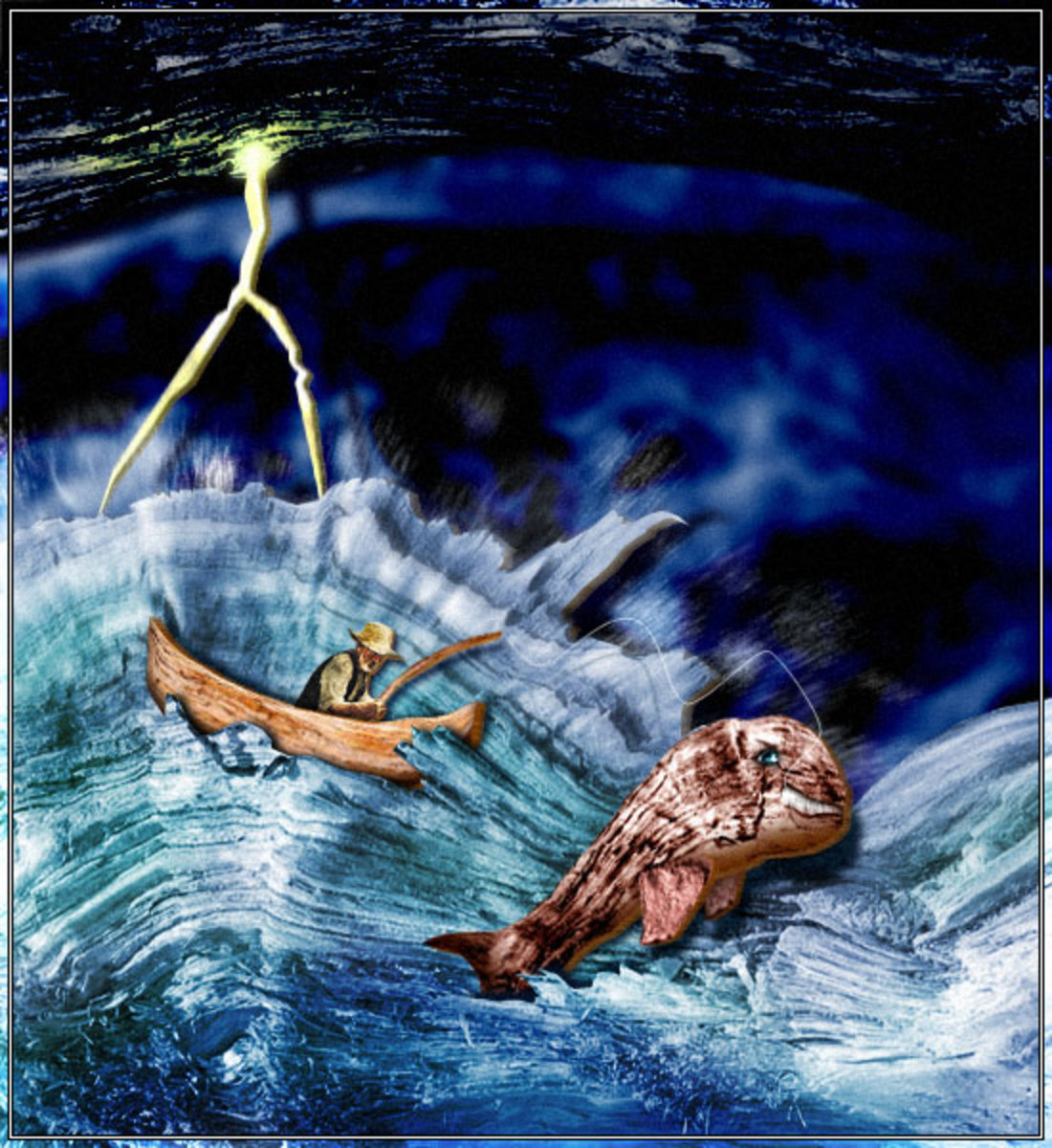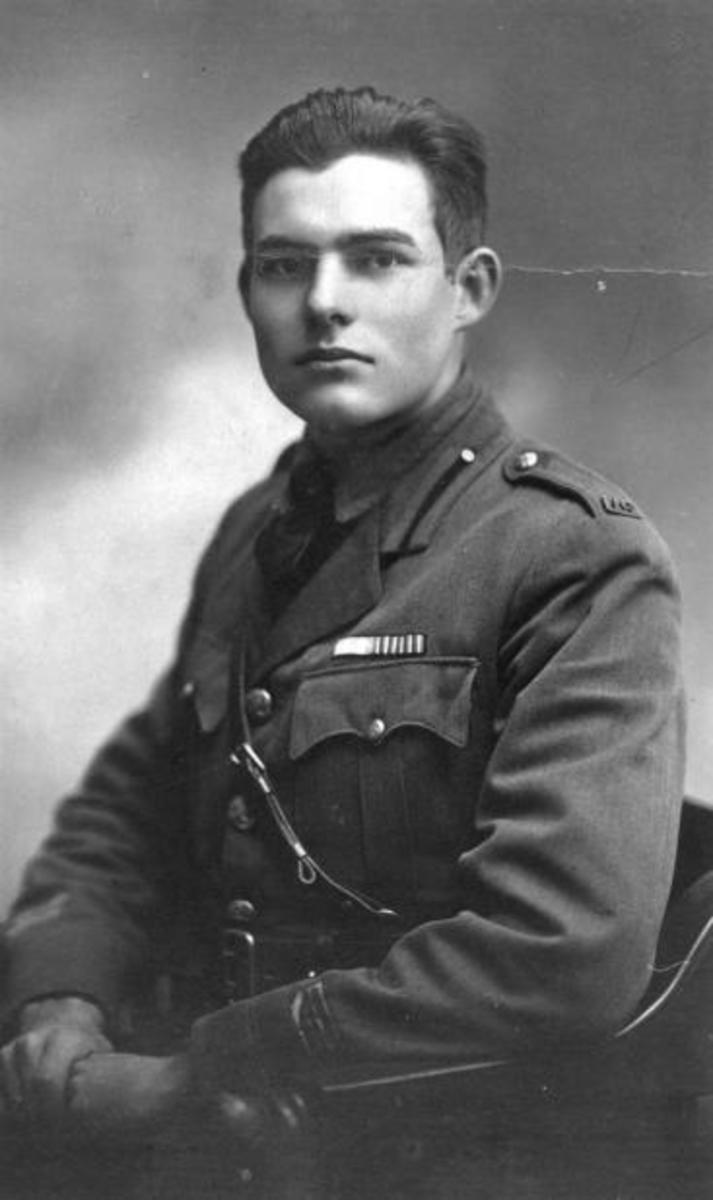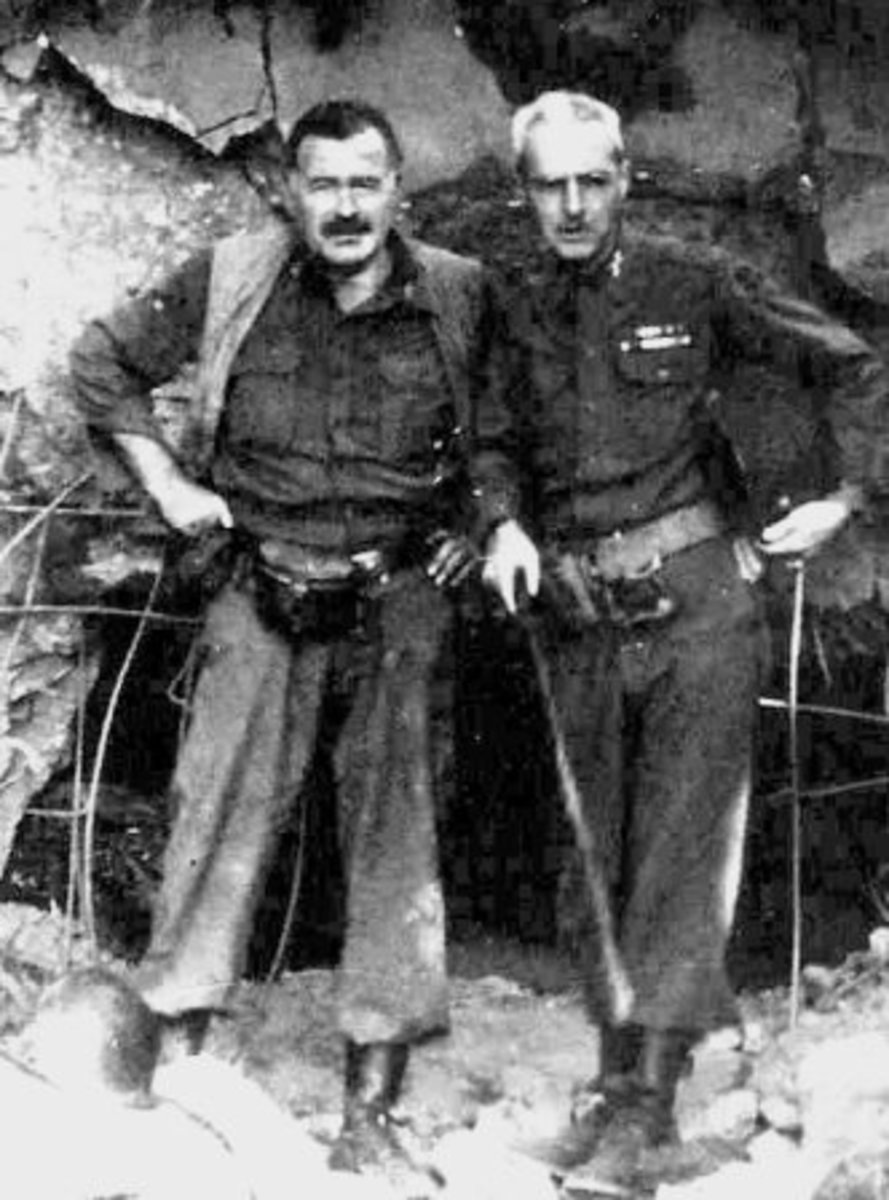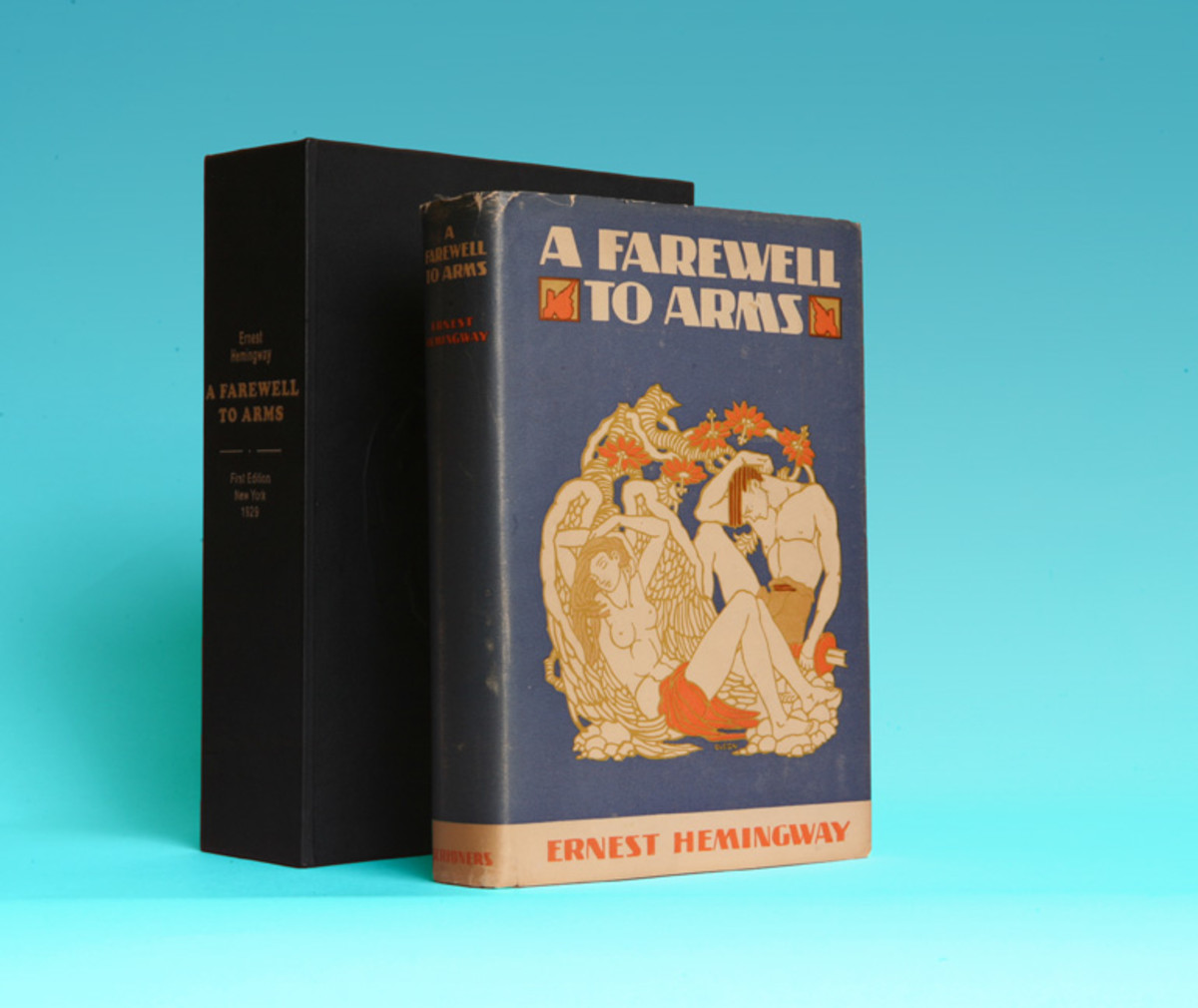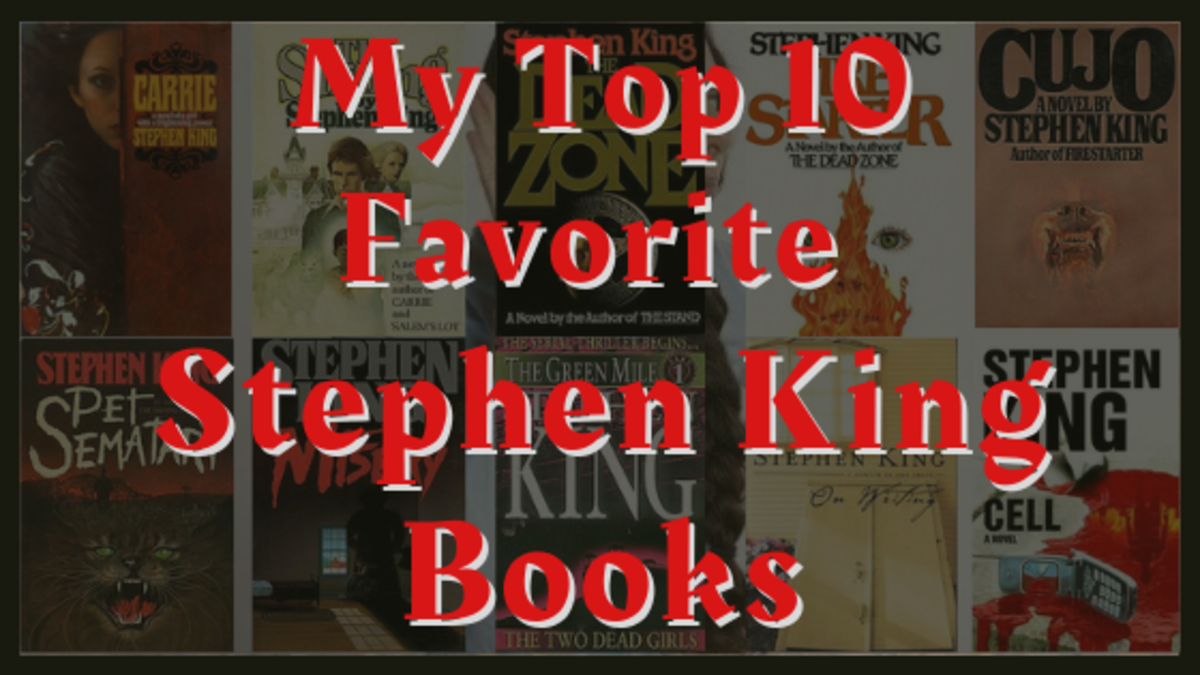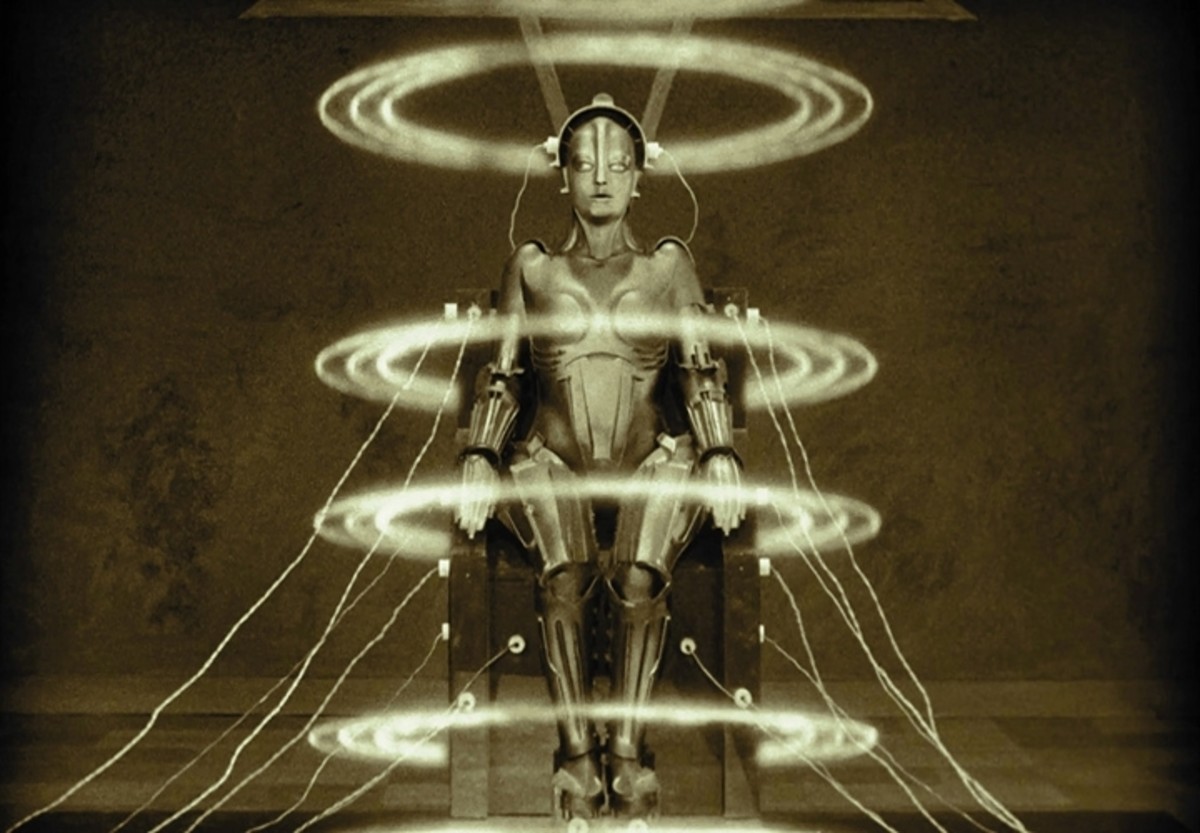Can You Believe It? BANNED BOOKS!
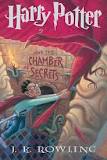
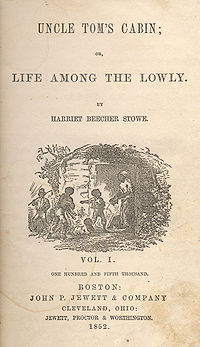
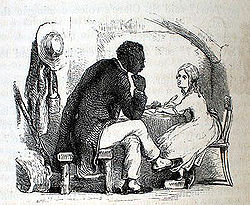
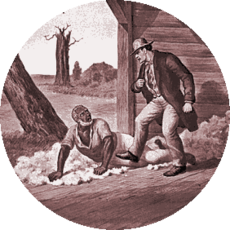
BANNED BOOKS!
In today's day and age, some places in the United States still ban books that they consider to be too political, or having too much sexual content, or even irreligious. Apparently just because a book is written, it doesn't necessarily stand the test of time. For many of the books banned are contemporary classics, still taught in our schools and universities today.
The First Amendment rights: Congress shall make no law respecting an establishment of religion, or prohibiting the free exercise thereof; or abridging the freedom of speech, or of the press; or the right of the people peaceably to assemble, and to petition the government for a redress of grievances.
Although these laws were made so freedom of speech, and expression, can be heard by the people, it does not stop state governments or organizations from banning them in their presence. This practice has been going on for many years.
But I think some of the titles would shock you. How about the Harry Potter books by J.K. Rowling. You think they are too irreligious? Many schools and libraries do. Every year, The American Library Association spotlights the attempt of libraries and schools across the country that ban books, and this year it is set to do it, between September 25th and October 2nd. It is the ALA's way to show what some districts are trying to do with contemporary literature. Here are just a few. At the end of the hub, I'll give an accounting of the top 50 which will be banned. You can decide for yourself if they should be. That's your right, not only as a reader, but as an individual.
Uncle Toms Cabin - 1852 by Harriet Beecher Stowe. It depicts the realities of slavery while asserting that Christian Love can overcome something as horrible, frightening, and demeaning as enslavement of another human being. It was referred to as the 'most popular novel of our day'. That of 1855.
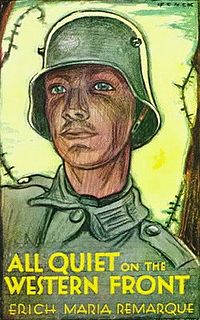
All Quiet on the Western Front - 1929 by Erich Marie Remarque. This novel depicts the extreme conditions, mental and physical, of WWI. It is seen through the eyes of the German forces. It does not necessarily focus on the war itself, but the living conditions during and after the battles fought. (Depicts the shortages of the necessities of staying alive during and after the battle. Food, bandages, shelter, etc.)
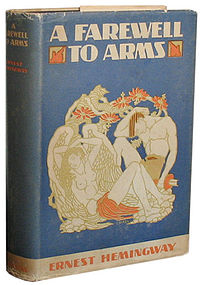
A Farewell to Arms - 1929 by Ernest Hemingway. It is a semi auto-biographical novel about Hemingway and his relationship with Agnes von Kurowski during WWI. The main character is based off of Hemingway himself.
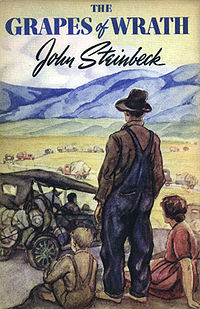
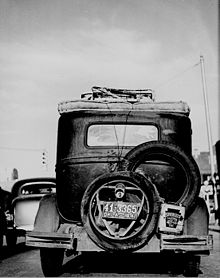
The Grapes of Wrath - 1939 by John Steinbeck, who won the Pulitzer Prize in 1940, and the Nobel Prize for Literature in 1962. It is the story of sharecroppers driven out of their Oklahoma homes during The Great Depression, because of drought and economic hard times.
The term 'Okie' is used throughout the book, and although most people know that it was used as an insult to the people of Oklahoma, it actually refers to people who traveled throughout the country seeking employment wherever they could find it.
This book is synonymous with the Great Dust Bowl and the Depression era of the United States.
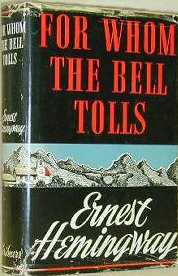
For Whom the Bell Tolls - 1940 by Ernest Hemingway. It tells the story of a young American during the Spanish Civil War, who is recruited to blow up a bridge behind enemy lines.
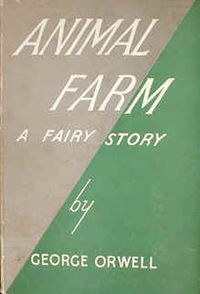
Animal Farm - 1945 by George Orwell. A novella which relates events leading up to and during the STALIN era of WWII.
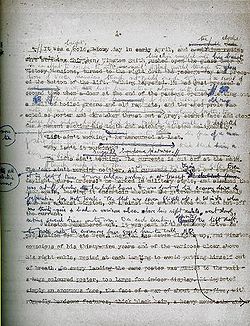
1984 - 1949 by George Orwell. It tells the story of a totalitarian regime of a Socialist Party. To simplify the title, Orwell simply reversed the numbers in the year it was being written. (1948 to 1984)
As you look at this illustration, you can see that even Orwell did editing for his novels. This is a shot of one of his first drafts of copy.
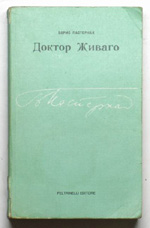
Dr. Zhivago - 1957 by Boris Pasternak. It tells the story of a man torn between 2 women. It is set during the Russian Revolution of 1917.
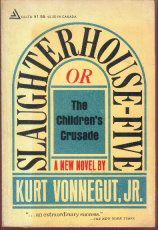
Slaughterhouse-Five - 1969 by Kurt Vonnegut Jr. It is an anti war Science Fiction novel, dealing with war (WWII) and time travel.
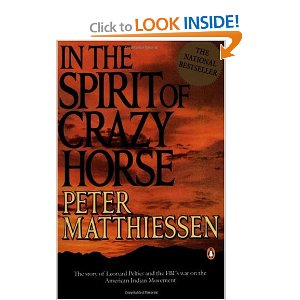
In the Spirit of Crazy Horse - 1983 by Peter Matthiessen. It focuses on US and Native American (Sioux tribe) relations during the 1970's: specifically a murder trial of 2 FBI agents in South Dakota in 1975.
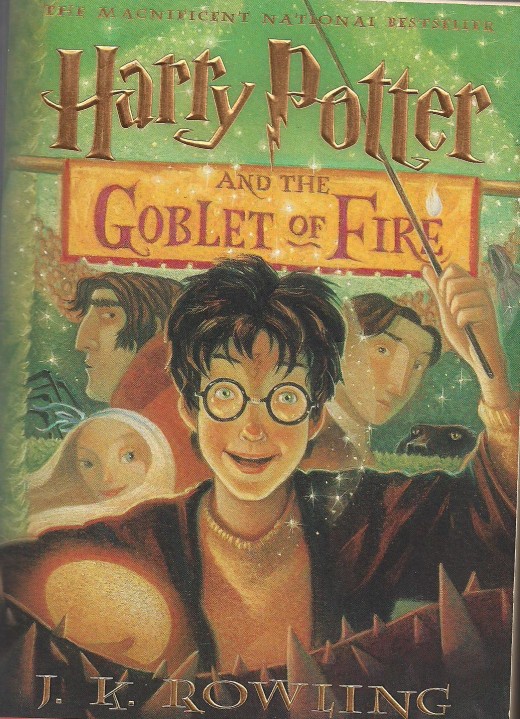
The Harry Potter series - 1997 - 2007 by J.K. Rowling. This series is based on the life of one character, Harry Potter, who finds out in his eleventh year of life that he is a wizard. He is recruited by one of the most honorable wizard schools in the world, based out of England, Hogwarts School of Witchcraft and Wizardry, to learn his craft. Along the journey he takes, he befriends two other young wizards and realizes that he has an enemy from the time that he was born.
Throughout the series of books, he is confronted with mishaps, mistakes, and dangerous adventures, trying to learn, along the way, who he is, and why he has to do the things he does.
In this writers opinion: This series of books is an excellent teacher of how each person in the world can overcome great odds in life and become a better person. It is fraught with adventure, intrigue and laughter. And friends that follow you throughout ones life. It teaches, most importantly, to look 'outside the box' in life, and how through foresight and insight, and basic common mistakes, how one grows with each experience of life. Good or bad. The Wizardry and action are simply the 'icing on the cake'. (I love this series. Its an easy read, and it takes you away from the world of your troubles. Much like Stephen R. Donaldson's books : Thomas Covenant the Unbeliever.) Although I realize these books may not be for everyone, even though they are written for the young reader, they don't necessarily have to be banned from being seen. It's like a T.V. All you have to do is change the channel, or turn it to another channel of your choice. Or simply turn the thing off. No one is forcing you to watch it. And no one is forcing young readers all over the world to read them. Who gave these districts across the country the right to tell me, or any one else, what should, or should not be seen or read?
The List
Here is the list as promised. Now remember, this is only 50 of the books which are scheduled to be on their list.
Happy reading!
- Madam Bovary - 1856, by Gustave Flaubert.
- Tess of the d'Urbervilles - 1891 by Thomas Hardy.
- Ulysses - 1922 by James Joyce.
- The Sun also Rises - 1926 by Ernest Hemingway.
- Lady Chatterley's Lover - 1928 by D.H. Lawrence.
- Tropic of Cancer - 1934 by Henry Miller.
- Lolita - 1955 by Vladimir Nabokov.
- Peyton Place - 1956 by Grace Metalious.
- Rabbit, Run - 1960 by John Updike.
- I Know Why the Caged Bird Sings - 1969 by Maya Angelou.
- Jaws - 1974 by Peter Benchley.
- Forever - 1975 by Judy Blume.
- The Prince of Tides - 1986 by Pat Conroy.
- Beloved - 1987 by Toni Morrison.
- How the Garcia Girls Lost Their Accents - 1991 by Julia Alvarez.
- On the Origin of Species - 1859 by Charles Darwin.
- The Lord of the Rings Trilogy - 1954 by J.R.R. Tolkien.
- The Last Temptation of Christ - 1960 by Nikos Kazantzakis.
- Bless Me, Ultima - 1972 by Rudolfo Anaya.
- The Autobiography of Benjamin Franklin - 1791 by Benjamin Franklin.
- The Scarlet Letter - 1850 by Nathaniel Hawthorne.
- The Adventures of Huckleberry Finn - 1884 by Mark Twain.
- As I lay Dying - 1930 by William Faulkner.
- Brave New World - 1932 by Aldous Huxley.
- Gone With the Wind - 1936 by Margaret Mitchell.
- Of Mice and Men - 1937 by John Steinbeck.
- Anne Frank: The Diary of a Young Girl - 1947 by Anne Frank.
- The Catcher in the Rye - 1951 by J.D. Sallinger.
- Fahrenheit 451 - 1953 by Ray Bradbury.
- To Kill a Mockingbird - 1960 by Harper Lee.
- James and the Giant Peach - 1961 by Roald Dahl.
- Catch-22 - 1961 by Joseph Heller.
- A Clockwork Orange - 1962 by Anthony Burgess.
- One Flew Over the Cuckoo's Nest - 1962 by Ken Kesey.
- In Cold Blood - 1966 by Truman Capote.
- Cujo - 1981 by Stephen King.
- The Color Purple - 1982 by Alice Walker.
- Ordinary People - 1982 by Judith Guest.
- A Thousand Acres - 1991 by Jane Smiley.

